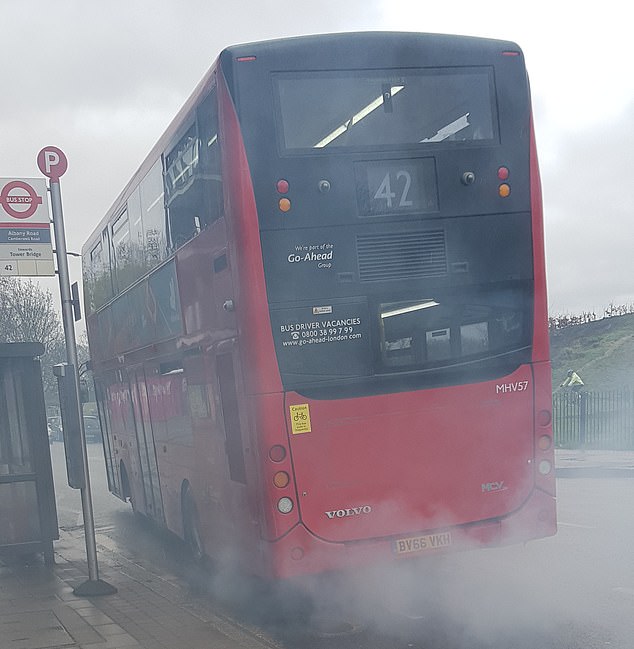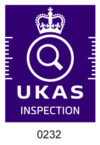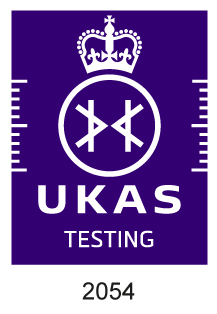Menu
close
**LATEST** New quantitative face fit services for RPE
Book in today
We are exposed to diesel exhaust fumes through everyday activities, whether that be through our commute to work, our job or the ambient air around us. The exposure can occur from not only motor vehicle exhaust, but from other modes of transport such as trains, ships and power generators.
For decades there has been mounting concern about the cancer-causing potential of diesel exhausts, and in 2012, the US National Cancer Institute/National Institute for Occupational Safety and Health examined the exposure levels of emissions in underground miners, which showed an increased risk of death from lung cancer in exposed workers.
The study provided sufficient evidence for the International Agency for Research on Cancer (IARC), which is part of the World Health Organization (WHO), to reclassify diesel engine exhaust as carcinogenic to humans (Group 1 Carcinogen).
What are the risks to health?
Approximately 12,000 people die each year in the UK from cancers and respiratory diseases caused by negligent exposures to hazardous substances. Inhaling diesel fumes can affect your health, and can cause irritation of your eyes and/or respiratory tract.
Prolonged exposure to diesel fumes, in particular to any blue or black smoke, can lead to coughing, breathlessness, asthma, and may result in an increase in the risk of lung cancer.
You should inform your employer if your workplace vehicles are producing blue or black smoke!
Workplace exposure
The major source of workplace exposure to diesel exhaust fumes is from the emissions from heavy vehicles that use diesel fuel such as:
Workers such as bus drivers, lorry drivers and taxi drivers, as well as police officers and traffic wardens, are occupationally exposed to DEEE.
Employers – you have a legal duty
If you are an employer who uses vehicles that generate diesel exhaust fumes you need to consider reviewing your existing risk assessment as well as controls and internal practices in order to continue to be compliant under the COSHH Regulations 2002.
For further advice and support, contact our Occupational Hygiene team Manchester 0161 872 7111, London 0203 3846175 [email protected]
Guidance taken from
HSE http://www.hse.gov.uk/pubns/books/hsg187.htm
IARC https://www.iarc.fr/wp-content/uploads/2018/07/pr213_E.pdf

